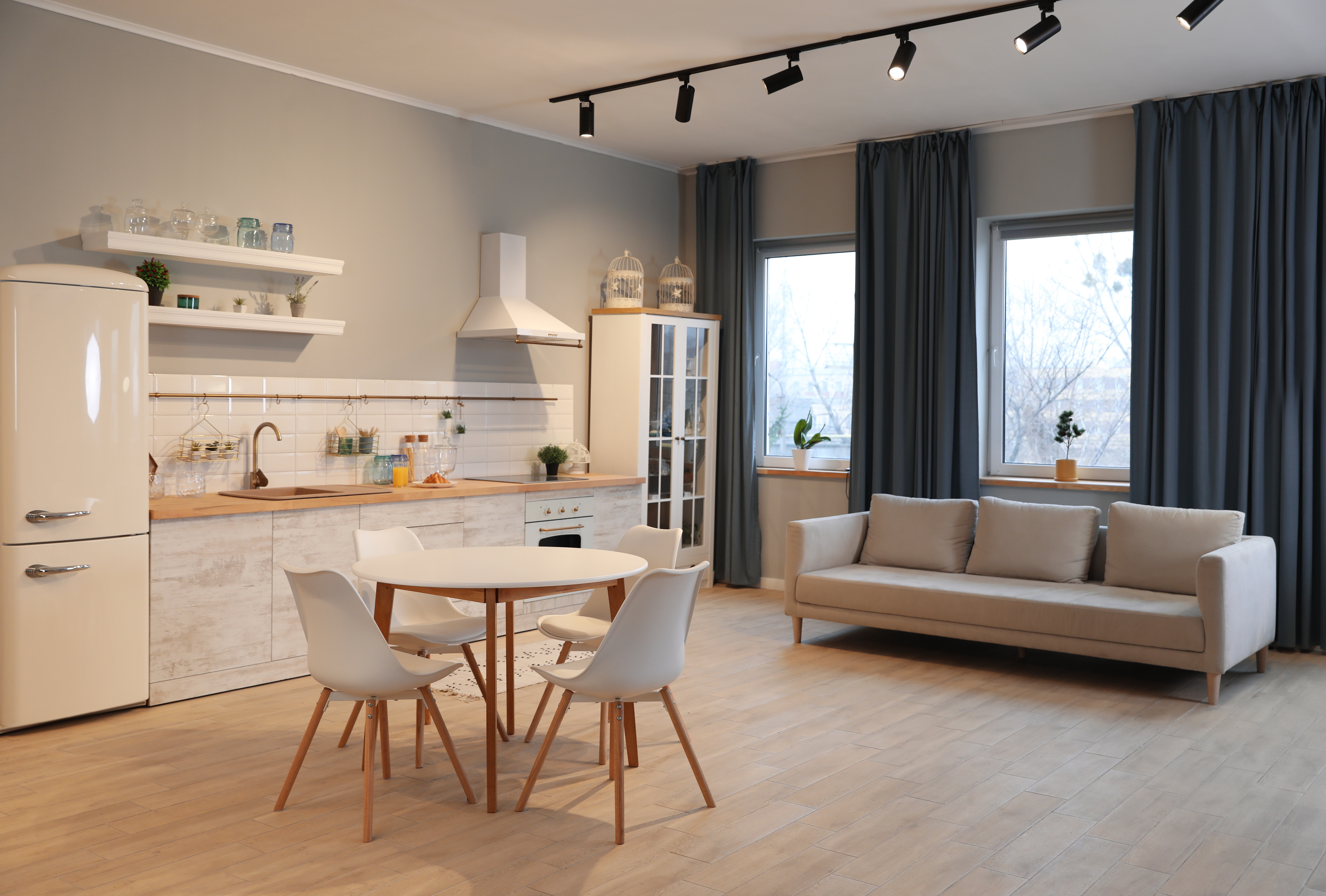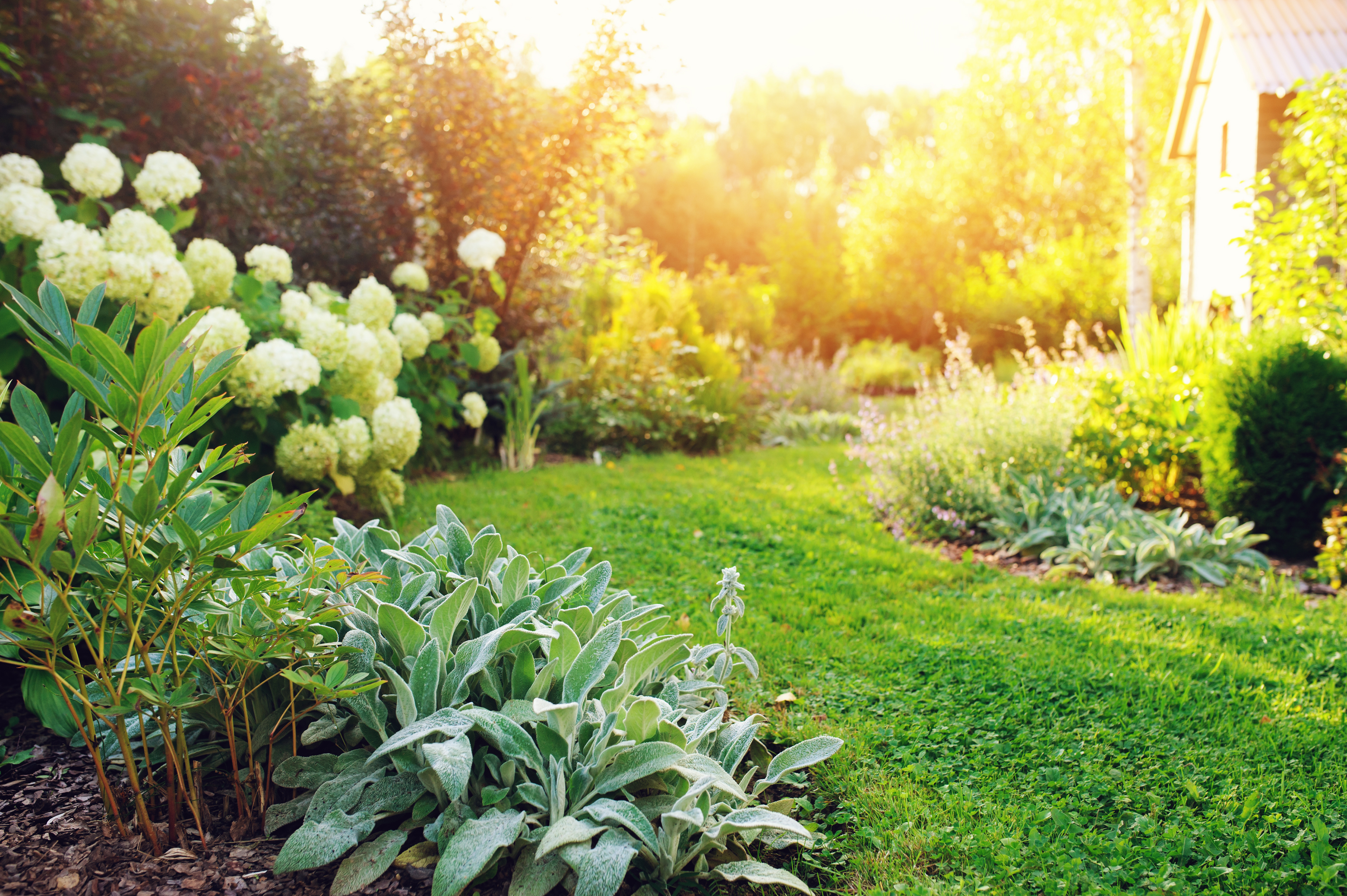If you’re contemplating becoming a landlord for the first time, there are lots to consider. Here are some important ways you can prepare your home and ease your mind when taking the leap.
It’s important that the property and its contents become appropriately insured beforehand as well as while it is let. Your insurers must be aware that you plan to let the property to ensure you get the right cover.
You will want to make sure the property is safe and secure for your soon-to-be tenants. Consider installing a security system, ensure all windows and external doors lock, and make sure any security issues are fixed before you let the home. This will also be taken into consideration by your insurance company when calculating premiums.

Generally speaking, the higher the rent, the more likely the tenant will want to furnish the property themselves as they tend to have more expendable income. If you choose to let the property unfurnished, it’s one less thing to consider prior to them moving in, whereas unfurnished properties require all the necessary furnishings such as a sofa, bed, lamps, wardrobes, and so on. The benefit of choosing unfurnished is that you won’t need to budget for the necessary maintenance or replacements or have the need for annual testing of electrical appliances.
Whether you decide on the home being furnished or unfurnished, you should make sure the home is decorated well as well-presented properties will increase the demand to rent the home and will potentially allow you to increase the rent. It’s best to choose neutral décor that is appealing to the masses as opposed to more quirky or colourful interiors. You’ll also want to consider any restriction you’ll be likely to place on allowing the tenant to decorate themselves, such as putting nails in the walls to hang artwork or mirrors.
You will want to create a comprehensive inventory, outlining the state of the property prior to the tenant moving in, along with every single piece of furniture included in the home. This will ensure everything is accounted for when the tenant moves out and help you assess any damages to the property.
Would you prefer to take on the responsibility of managing the property yourself or would you prefer to pay a lettings agent to do that for you? Since it’s your first time letting a property, we’d advise having a lettings agent manage the property on your behalf to ensure everything is in order and to establish good communication with the tenant. They will also be able to advise you on best practices throughout the process and should any issues arise, they can ensure it’s taken care of swiftly and professionally.
Make sure the property is let in a clean condition. We would advise using a professional cleaning service prior to the tenant moving into the property.

If the property has a garden or any exterior space, you’ll want to ensure it is in good condition prior to the tenant moving in. You’ll also have to think about who will be responsible for maintaining the space. If you have a particularly large garden, it may be best that you take responsibility for general maintenance. You’ll also want to outline whether or not you will allow the tenants to plant flowers, shrubs or trees in the garden.
Make sure the tenant pays a deposit on the property, which will be held via a deposit protection scheme. This is paid by the tenant before they move in and is held until their contract ends. If there are no damages incurred during their stay and the property is left in tip-top condition, the full deposit is to be returned to them upon vacating the premises. However, if there are any damages or missing items, or if there is cleaning required, this can be deducted from the deposit.
Most landlords do not include bills in the cost of rent, however, some opt to do so. Think about whether you’ll include bills or not before finalising the tenancy agreement.
Get copies of any keys cut prior to the tenant moving in. Give them two sets of keys and always have at least one spare copy available for yourself and in case of an emergency.
If you're looking for a buy-to-let property, contact your local Guild Member to start your journey.
Back to Previous Page
Are you looking to sell or let your property? Take the first step and find out what your property is worth with a free no-obligation valuation.